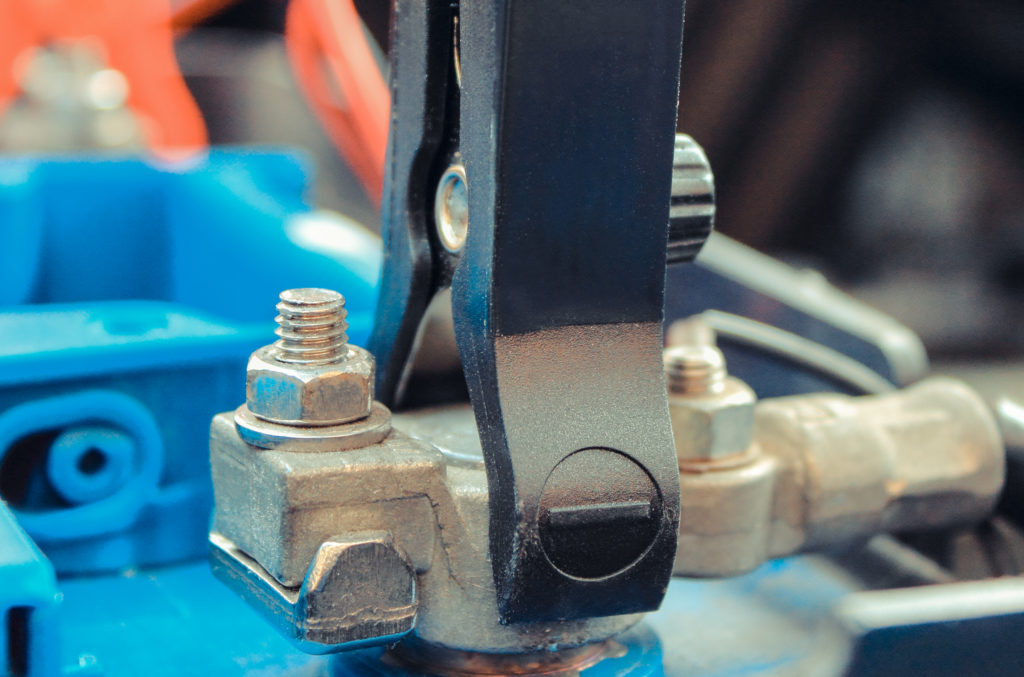Statistically, most car battery problems occur in the winter. That’s because the extreme cold can sap battery power, making it harder to start your engine. But even if it’s not freezing outside, a number of other factors can lead to your car not starting.
What could be the problem if your car won’t start, even after a jump? Here are 10 possible explanations:
1. A loose or corroded battery terminal
If a battery terminal becomes loose, it can cause all sorts of electrical problems – including a car that won’t start. The same is true of corrosion, which can build up on the terminals and prevent the flow of electricity.
2. A bad starter motor
If your starter motor is going bad, it may not have enough power to turn over the engine. As a result, you’ll likely hear a clicking noise when you turn the key (or push the button), but the engine won’t actually start.
3. A blown fuse
A blown fuse can prevent electricity from reaching the starter motor. This is often the case with older cars, which may have fuses that are simply past their prime.
4. A bad ignition switch
If your ignition switch is going bad, it may not provide enough power to start the engine. This can happen gradually over time, or it may be the result of a sudden electrical problem.
5. A worn-out key
Believe it or not, a worn-out key can actually prevent your car from starting. That’s because the grooves on the key interact with the tumblers in the ignition, and if they’re too worn down, they may not make proper contact.
6. A dead battery
This is perhaps the most common reason why a car won’t start. If your battery is dead, it simply doesn’t have enough power to turn over the engine.
7. A bad alternator
The alternator is responsible for charging the battery, and if it’s not working properly, the battery will eventually die. This can happen gradually or suddenly, depending on the severity of the problem.
8. A faulty starter relay
The starter relay is an electrical switch that provides power to the starter motor. If it’s not working properly, it can prevent the engine from starting.
9. An issue with the fuel system
If there’s a problem with the fuel system – whether it’s a clogged fuel filter or a bad fuel pump – the engine may not start. This is because the engine needs gasoline (or diesel) to run, and if there’s none available, it simply won’t start.
10. A seized engine
In rare cases, an engine may seize up due to a lack of oil or coolant. If this happens, the engine will simply refuse to start, no matter what you do.
If your car won’t start, even after a jump, it’s likely due to one of these 10 issues. Of course, the only way to know for sure is to take it to a qualified auto repair shop. They’ll be able to diagnose the problem and get you back on the road in no time.


